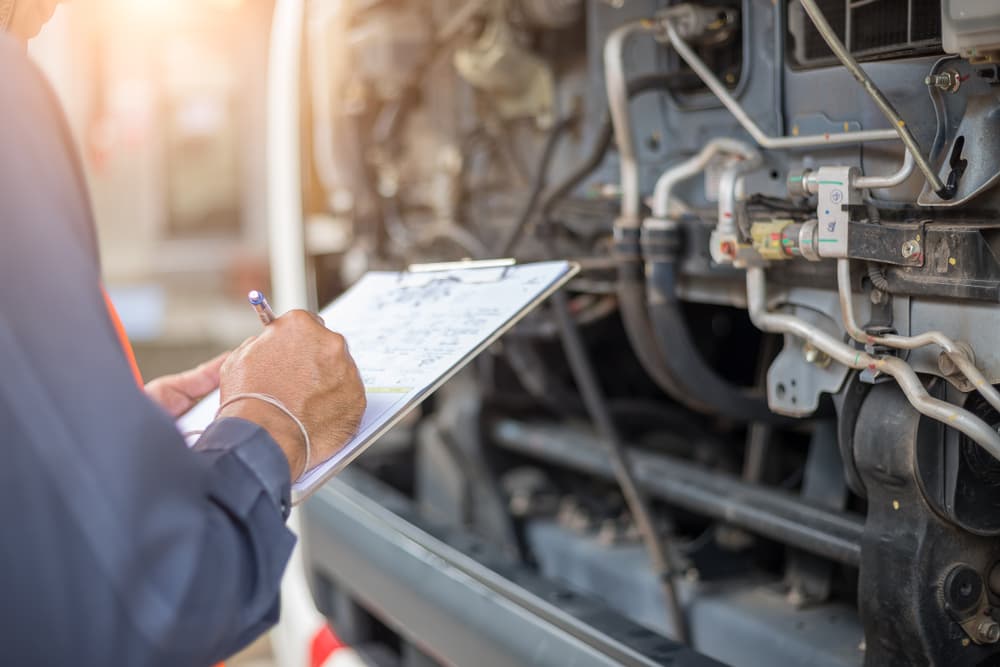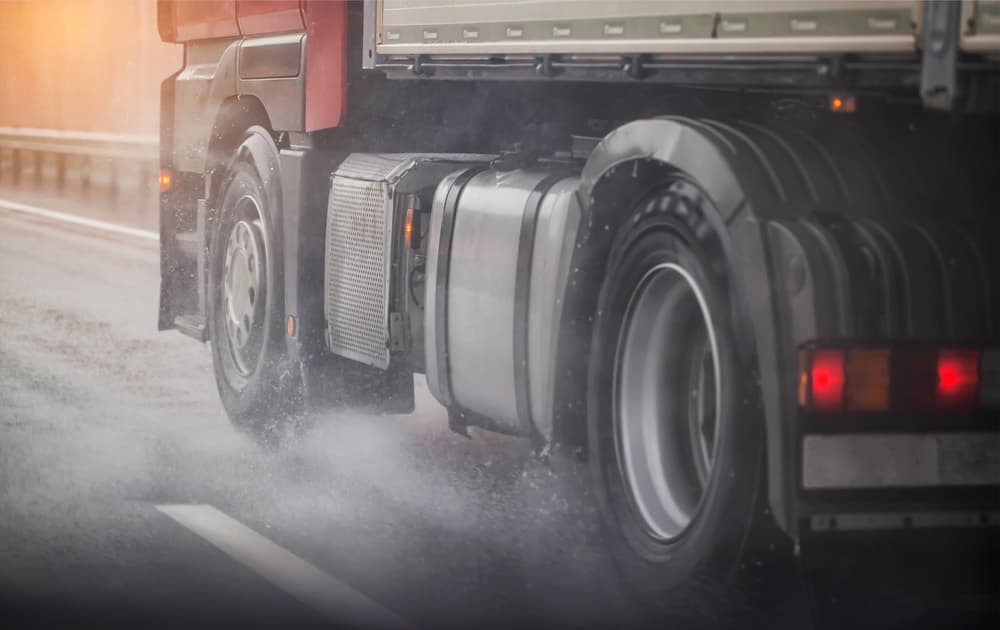Trucking companies have significant legal and ethical responsibilities to keep their fleet, drivers, and the public who share the roads with their vehicles safe. These responsibilities are governed by federal regulations, state laws, and industry standards that outline specific requirements for vehicle maintenance, inspection protocols, and safety management systems.
A Truck Accident Lawyer Can Explain
If you’re looking for compensation for injuries from a truck accident, a 18-wheeler accident attorney can explain truck accident claims and the trucking company’s responsibilities. If you’ve suffered an injury in a commercial truck accident, you need to understand the obligations of the trucking company, as any safety lapse on their part can be used to hold them responsible.
FMCSA Regulations

The Federal Motor Carrier Safety Administration (FMCSA) has comprehensive regulations that form the basis of a trucking company’s safety obligations. These regulations require companies to have systematic inspection, repair, and maintenance programs for all vehicles under their control. Every commercial truck must be inspected regularly, and detailed records must be kept to document all maintenance activities and repairs.
Daily Vehicle Inspection Reports
Daily vehicle inspection reports are critical to truck safety compliance. Drivers must perform pre-trip and post-trip inspections and document any defects or deficiencies they find. Trucking companies must review these reports and fix any issues before putting the vehicle back on the road. This ongoing monitoring helps identify potential problems before they become problems.
Preventive Maintenance
Preventive maintenance schedules must be established and followed. These schedules include regular oil changes, brake system inspections, tire maintenance, and comprehensive mechanical checks. Companies must keep detailed records of all maintenance activities, including date, type of work, and who did the job. These records are proof of compliance and track a vehicle’s condition over time.
Brake System Maintenance
Brake system maintenance is extra critical. Companies must ensure regular inspections and adjustments of brake components, including drums, linings, pads, and air system components. The FMCSA has specific brake performance and maintenance standards and strict documentation and testing procedures.
Tire Safety
Tire safety is another big responsibility. Companies must have systems to monitor tire wear, pressure, and tire condition. This process includes ensuring proper inflation, conducting regular tread depth checks, and replacing tires before they become unsafe. Proper tire maintenance improves fuel efficiency and reduces operating costs when traveling.
Electronic Systems and Safety Technology
Electronic systems and safety technology require ongoing monitoring and maintenance. Modern commercial trucks often have advanced safety features like electronic stability control, collision avoidance systems, and lane departure warnings. Companies must ensure these systems are correctly calibrated to prevent accidents.
Driver Qualifications and Training
Driver qualification and training are part of vehicle safety responsibilities. Companies must verify that drivers have the proper licenses and certifications, clean driving records, and complete the required safety training. Regular driver performance evaluations and ongoing safety training ensure that vehicles are driven safely and adequately.
Recordkeeping goes beyond maintenance records. Companies must keep driver qualification files, hours of service logs, accident reports, and drug testing records. These records prove compliance with safety regulations and can represent a critical part in accident investigations or regulatory audits.
Quality Control Systems

Quality control systems must be in place to verify maintenance programs. This form of control includes regular audits of maintenance records, inspection procedures, and repair quality. Companies should have clear protocols in place for addressing maintenance issues and ensuring their repairs meet government safety standards.
Emergency Repairs
Emergency repair procedures must be implemented to deal with unexpected mechanical issues. Companies need systems to respond quickly to breakdowns or safety issues found during trips. These safeguards include forming relationships with qualified repair facilities along familiar routes and following protocols for authorizing emergency repairs.
Cargo Security Systems
Cargo security systems require regular inspection and maintenance activities. These systems include tie-downs, securing devices, and cargo protection equipment. Companies must ensure their vehicles have the right equipment for different types of loads and that the equipment is in good working order.
Load Weight Tracking
Load weight monitoring systems need regular calibration and maintenance. Trucking companies must ensure their vehicles are within legal weight limits and that weight distribution systems function correctly. Weight tracking includes maintaining scales and other weight-monitoring equipment - all of which are used to verify compliance with the weight restrictions currently in force.
Weather Preparation

Weather preparation is another safety responsibility. Companies must ensure their vehicles are appropriately equipped for weather conditions. This preparation includes maintaining tire chains, functional defrosting and defogging equipment as well as making sure windshield wipers are in good working order.
Safety Updates
Safety technology updates require ongoing attention as new technologies become available. Companies should evaluate and implement new safety technology to prevent accidents and improve vehicle performance. Safety updates might include upgrading older vehicles with new safety features or replacing older cars with newer, safer models.
Open and Clear Communications
Communication between drivers and maintenance personnel must be effective. Companies should have clear protocols in place for reporting maintenance issues and tracking resolutions. This recordkeeping and reporting activity includes adding systems for prioritizing repairs based on safety and maintenance documentation.
Buying Quality Truck Parts
Quality parts purchasing policies are an integral part of maintenance success. Companies must use the correct replacement parts - parts that meet safety standards and manufacturer specs. This purchasing protocol includes forming relationships with reliable suppliers and maintaining a quality control system for a company’s parts inventory.
Ongoing Maintenance Training
Maintenance personnel training must be ongoing and complete. Companies should ensure their maintenance staff is up to date with new vehicle technologies, repair methods, and safety standards and requirements. This part of the maintenance process includes regular training opportunities, staff qualifications, and certification documentation.
Contact a Truck Accident Lawyer
If you or a loved one have suffered injuries in a truck accident, you should seek a seasoned truck accident attorney as soon as possible. When you work with an attorney, they can maximize your compensation by identifying the parties responsible and presenting proof supporting your claim. Contact an East Texas personal injury law firm right away.